The #StopEatingWildlife campaign
This World Wildlife Day, Wildlife Alliance is launching the #StopEatingWildlife social media campaign. The campaign aims to fight the supply, demand, and consumption of wildlife meat by making consumers more aware of the health risks of eating wildlife and how the trade supports the brutal snaring crisis.
The health risks of eating wildlife
It’s estimated that three-quarters of new diseases in humans are transmitted from animals, also known as zoonotic diseases. The trade and consumption of wildlife poses not only a health risk to individual consumers but also to the general public, as evidenced by the outbreak of the coronavirus that is believed to have originated in a wildlife market in Wuhan, China.
It’s not just the risk of emerging diseases that the consumption and trade of wildlife poses either. The unhygienic handling of wildlife during transport and the lack of ability to refrigerate the meat increases the chances that the meat will harbour harmful pathogens.
Eating wildlife supports Cambodia’s snaring crisis
The majority of wildlife consumed at restaurants and households is caught using snares; a barbaric hunting method that is the biggest threat to ground-dwelling animals in Cambodia. Snares are often compared to land mines for animals that form ‘walls of death’ across Cambodia’s forests, killing everything and anything that strays into their path. Animals caught in snares either rot in a slow and painful death or are left with no other choice but to chew off their caught limb.
The combination of the ease of setting snares, lack of strong legislation, and difficulty catching offenders provides the perfect storm for snares to decimate Cambodia’s wildlife. Removal of snares by our rangers is not enough to stop the crisis, so we’re relying on the #StopEatingWildlife campaign to act as a weapon against the snaring crisis at the demand end of the supply chain.
Fighting the trade from all sides
The campaign will complement our other efforts to break the supply chain and fight demand. This includes the continuous removal of snares by our Cardamom Forest Protection Program, raids on vendors of wildlife by our Wildlife Rapid Rescue Team (WRRT), and our Kouprey Express team who are inspiring and educating communities to become stewards of their natural environment.
Get involved
Support the campaign in Cambodia by:
- Not trading in or consuming wildlife, under any circumstances
- Report wildlife crimes to the Wildlife Crime Hotline (by calling 012 500 094 or through the Facebook page) and to the Forestry Administration of Cambodia
- Showing your support on social media by using the hashtag #StopEatingWildlife
Support the campaign outside of Cambodia by:
- Showing your support on social media by using the hashtag #StopEatingWildlife
- Donate to support the work of WRRT who directly crack down on the illegal wildlife trade.
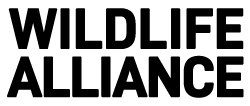
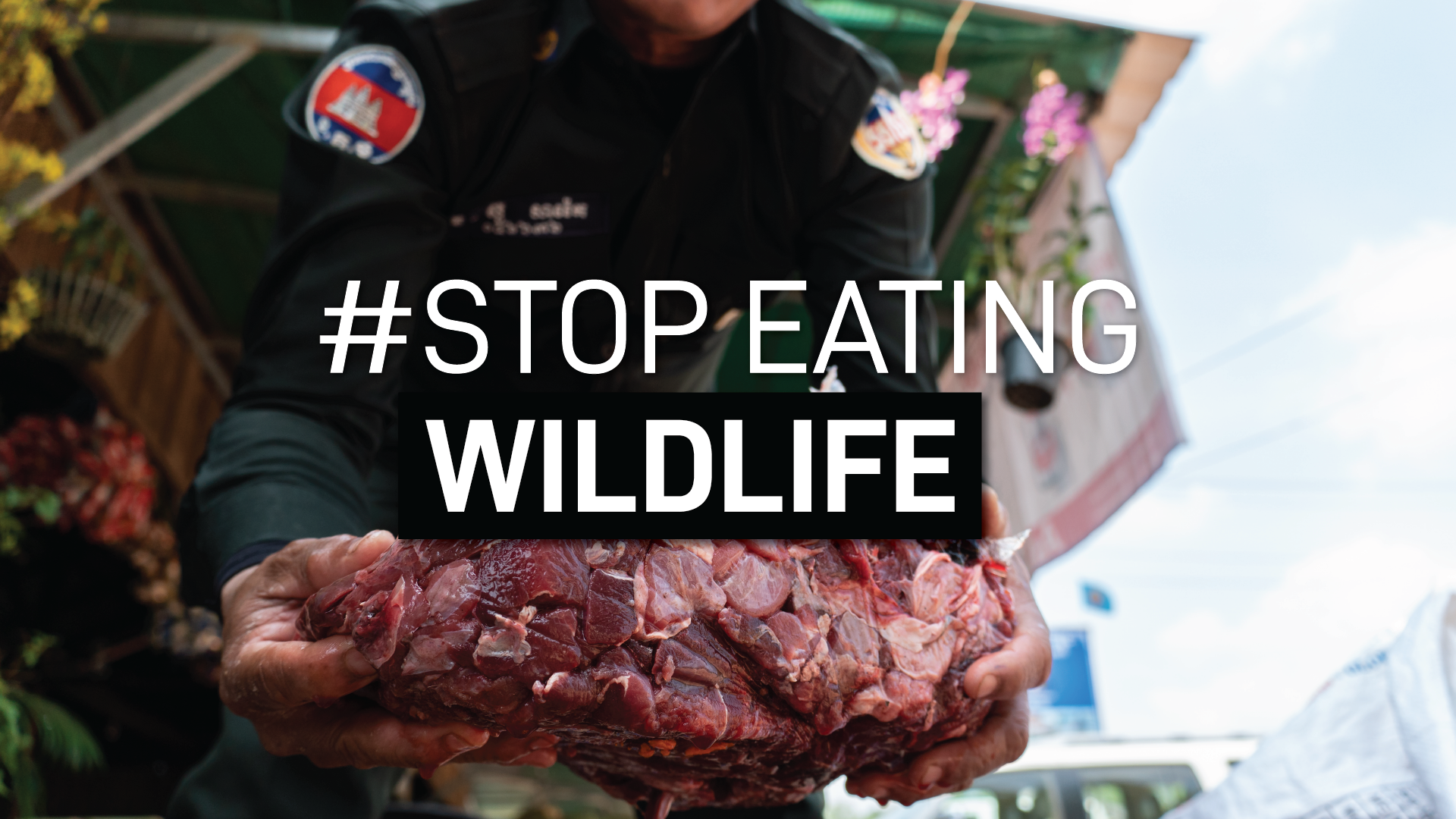
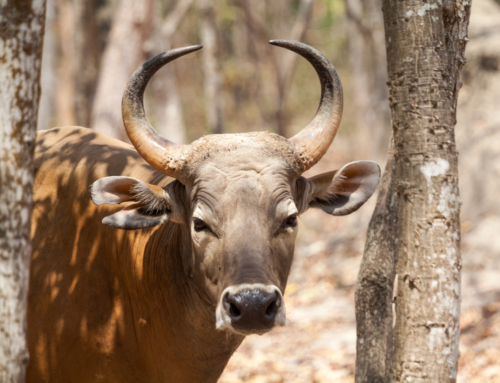
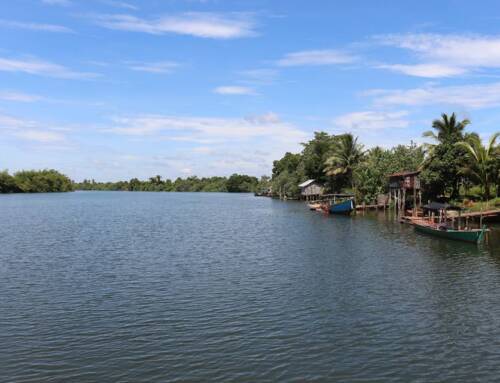
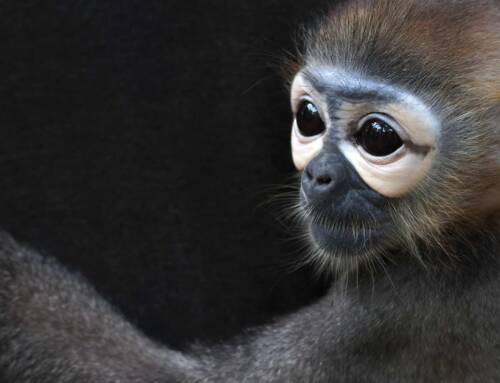
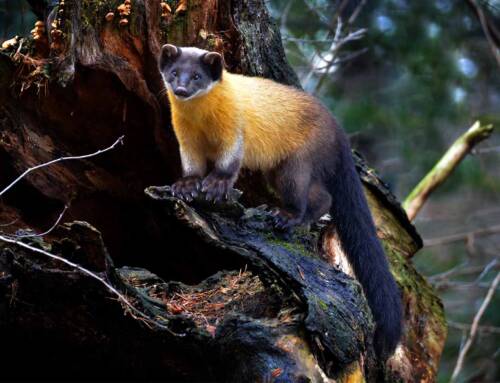
you need to have someone over at the temples they are taking wildlife there a mother monkey called Toma who is due to have a baby is now missing and her baby boy tobias is hysterical crying and god knows what these VOS did with the mother and the baby to come
Rose you don’t even know she was pregnant I saw her the day before she was gone for 3 days but I didn’t notice her pregnant and I am always looking for that. She is back and is mean as ever to little Tobias already beating him for being to close to her. Unless someone has proof instead of only allegations please wasting every one’s time and attacking people. There are to many people crying wolf and out of the world accusations then they comment on every VO’s post “hey it was me who turned every one of you in!!” “What out there coming for you””zig you don’t remove Janna’s pesty sister Janet we are going to turn you in for abuse “ that was one of the favorites I saw today. These accusations are really becoming dangerous to the VO’s that are actually innocent!!!!!